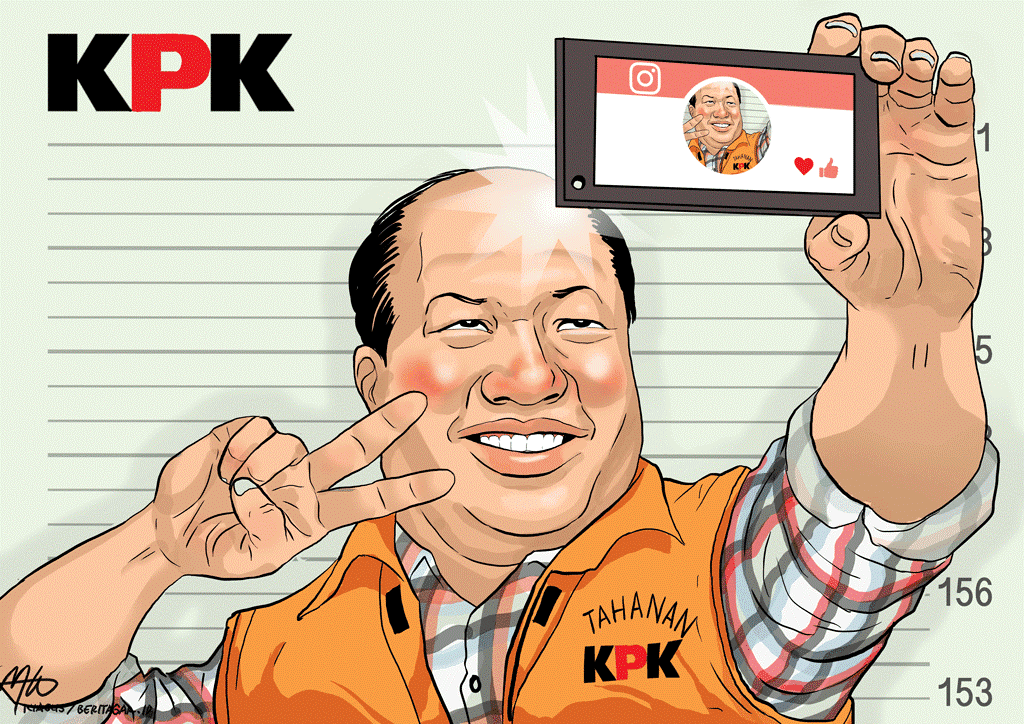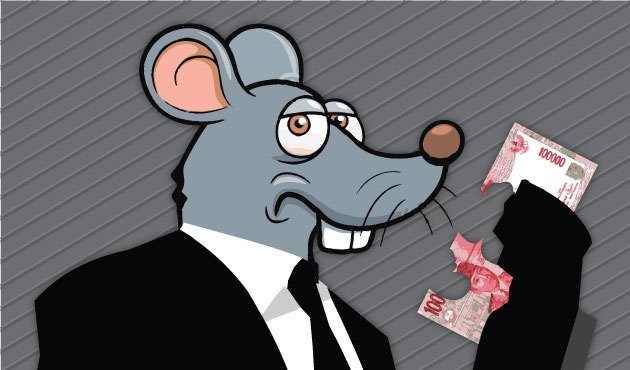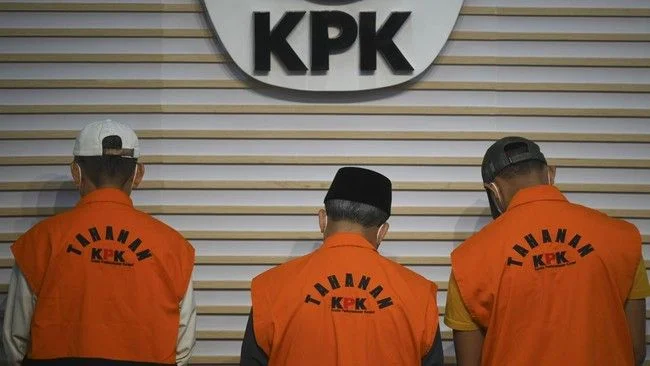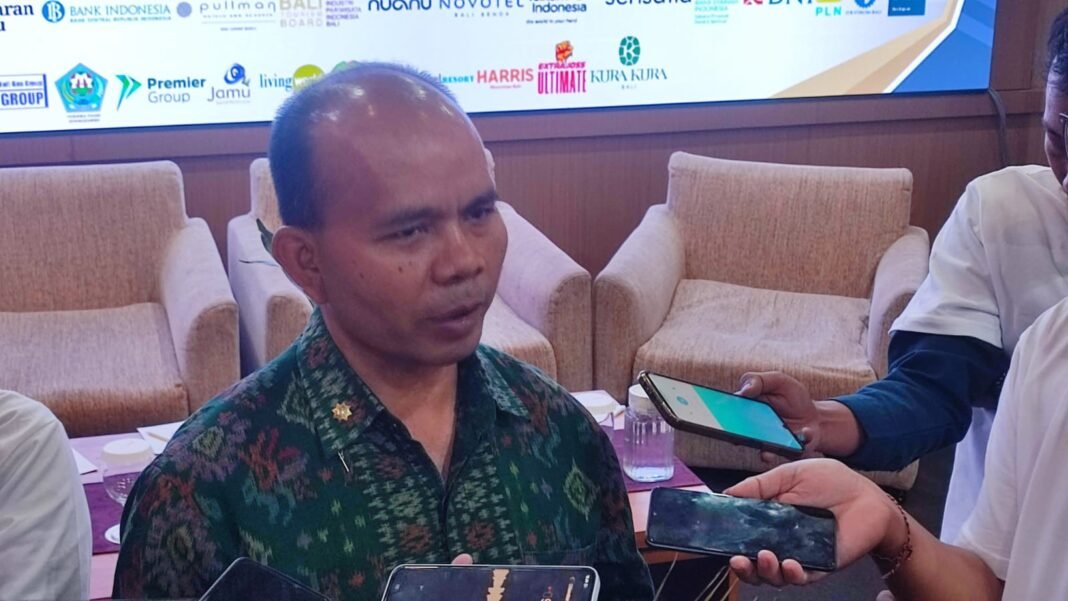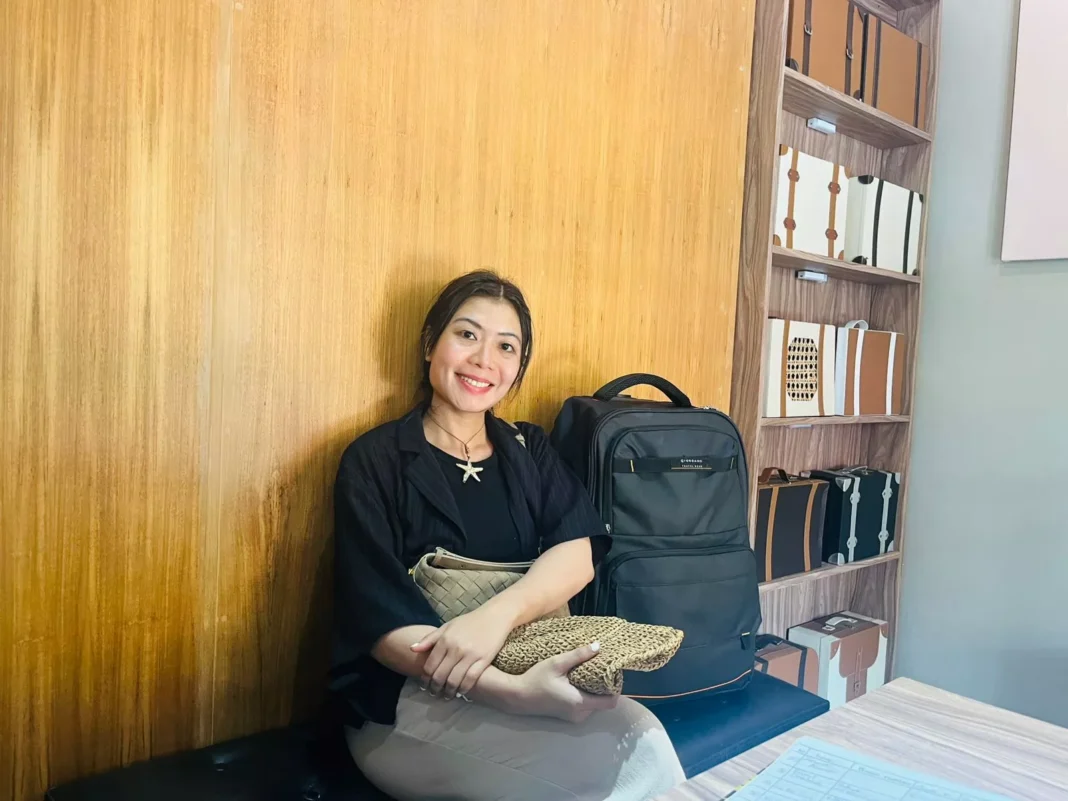By Litbang LSDI – Center for Data and Information Studies
Indonesia’s economy isn’t growing—it’s feeding on its citizens. Behind the illusion of stability lies a system built to enrich the few, tax the many, and normalize inequality.
The country is moving in the wrong direction—and the tragedy is that almost everyone thinks it’s fine.
We now live under a system that treats citizens not as participants in development but as fiscal commodities. The state no longer acts as a home for all, but as a sprawling corporation surviving by collecting, regulating, and confiscating in the name of law.
Taxes, once a symbol of shared responsibility, have become instruments of extraction. Official data shows Indonesia’s tax ratio hit 11.6% of GDP in the first half of 2025—the highest in a decade. But who really shoulders that burden? Not the conglomerates enjoying endless incentives, but the middle and lower classes, taxed at every turn—on cigarettes, phone credits, parking, electricity, and even digital transfers.
While wages stagnate, food prices climb, and the cost of living surges, the government quietly takes 11% in value-added tax from every purchase. This is what a predatory economy looks like: a state that feeds off the suffering of its own people.
A feast for the elite, famine for the rest
As ordinary citizens tighten their belts, political elites celebrate. Salaries, allowances, and perks for legislators have doubled. Every rupiah comes from taxpayers who can barely afford rice. The hypocrisy is glaring, but no one seems embarrassed—because fiscal morality has long collapsed.
Citizens now pay not only for public services but also for the comfort of politicians who fail to serve them.
At the same time, food inflation hit 3.75% in July 2025, the highest in a year. The consumer price index has risen nearly 9% since 2022. Prices of rice, sugar, and garlic have soared, while supply chains are controlled by cartels thriving on import permits. Subsidized rice leaks into private hands, and “cheap cooking oil” has become a hollow slogan. Citizens pay taxes for subsidies, but the benefits go to powerful traders. The state looks away, because that’s where the political rents flow.
The slow death of the middle class
The middle class—the supposed backbone of the economy—is slowly collapsing.
Mortgages are overdue, car loans default, retail sales fall, and domestic investment weakens. A Bank Indonesia survey shows consumer confidence slipping since early 2024, especially among households earning below 5 million rupiah a month. Yet official reports insist everything is “under control.”
That’s how a predator regime survives: controlling the narrative so the statistics look healthy, even as the social fabric decays beneath the surface.
Citizens are squeezed not only through prices and taxes but also through the quiet erosion of their land and rights. A family’s inherited plot—taxes paid on time—can be declared “abandoned” if left idle for two years. The Land Bank, a product of the Omnibus Law, now decides who gets to live on their own soil. Farmers lose ownership; corporations gain concessions for decades. Agrarian reform has become a legal disguise for asset seizure. Everything appears legitimate—because the laws are written by those who benefit.
When greed becomes policy
In the energy sector, greed has been institutionalized.
Fuel blending, oil imports, and industrial gas pricing are all laced with rent-seeking. Every fuel price hike is branded a “market adjustment,” but it’s really a redistribution of pain from corporations to citizens. Subsidies swell, efficiency vanishes, and losses climb into the hundreds of trillions. As always, the public pays the bill.
Meanwhile, small and micro enterprises—the backbone of employment—are left behind.
Microloan rates stay above 12%, while conglomerates enjoy state-backed loans at half the cost. Scandals like the Danantara loan to major business groups are just the tip of the iceberg: public funds are used to rescue elites, not empower workers. Village cooperatives have become government business tools instead of community lifelines. Citizens are told to be “productive,” yet every instrument of production is monopolized by policy.
The anatomy of a captured state
This is what economists call a state-capture economy—a nation hijacked not by tanks but by legislation, permits, and fiscal decrees. Economic sovereignty has been replaced by a rent system controlled by a few hands close to power. Law no longer protects; it justifies. Bureaucracy serves capital, not citizens. And the people, in their quiet patience, have become the raw material of a machine powered by greed.
Let’s speak plainly: Indonesia’s economy isn’t growing—it’s swelling.
The numbers rise, but real welfare does not. GDP growth of 5% is a statistical illusion hiding the truth that 60% of national wealth belongs to 1% of the population. The Gini ratio stagnates at 0.39; the top 10% control more than 70% of all financial assets.
When officials claim poverty is falling, it’s because the bar is insultingly low—just 609,000 rupiah per person per month, or about 20,000 a day. By that logic, a “decent life” costs little more than a packet of rice and a glass of water. That’s not economic policy. That’s moral collapse.
The quiet betrayal of silence
Like all failing nations, Indonesia’s decay doesn’t come from outside—it comes from within: corrupt bureaucrats, greedy elites, and citizens too patient for their own survival. The nation won’t fall to war, but to taxes, prices, and policies that slowly kill hope.
We’ve reached a point where criticism isn’t an intellectual luxury—it’s a moral duty.
Silence in the face of injustice is complicity. Every time a citizen pays a tax, buys rice, or fills their tank, a part of that money goes not to public welfare, but to sustain a system that exploits them.
A predator state will not stop until its people refuse to be prey.
That awakening won’t come from think tanks or policy forums. It will rise from kitchen tables, from empty food stalls, from farmers without land, from fishermen who can’t afford fuel, from workers whose salaries vanish before month’s end. When people realize they are no longer participants in their own nation—but victims of its policies—a new chapter will begin.
And when that day comes, it won’t just be the politicians or the parties on trial. It will be the entire architecture of an economy built on greed. Because this republic doesn’t need growth without justice.
It needs justice—so it can truly grow.
Analysis by Lingkar Studi Data dan Informasi (LSDI). LSDI is a learning space and analytical center built on collective reasoning and collaborative energy, believing data should serve public decision-making, not propaganda.



